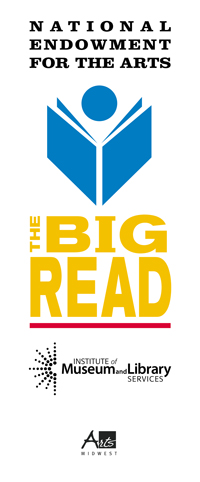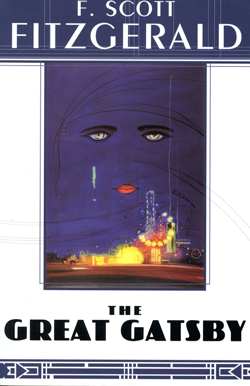
|
Brown Bagging It April 26 – 30 Watch a portion of the movie each day Monday - Thursday between 12:15 to 12:45 p.m. Conclude with a discussion on Friday. |
Historical Context |
The Roaring Twenties1920 1921 1922 923 1924 1925 1926 1927 1928 1929 Fitzgerald and the Jazz Age Raised by Puritan-minded parents to succeed first at Ivy League universities and then in business, masses of young men and their wives-to-be returned at least mildly shell-shocked by their conflicting experiences. Despite serving stateside during the war, F. Scott Fitzgerald nevertheless wrote of this disenchantment and its consequences in his greatest works. The nihilism of this Lost Generation is evident from This Side of Paradise's concluding page, when Fitzgerald said they had "grown up to find all Gods dead, all wars fought, all faiths in man shaken." Americans had two strong and opposite reactions to this state of affairs: The older generation pushed for new laws to control social outbursts, and the new generation rejected those laws, especially the 1920 Prohibition Act, which forbade the sale and consumption of alcohol. Many Americans turned to bootleggers, who illegally either served alcohol smuggled from abroad or distilled their own. In The Great Gatsby, the title character's party guests often attribute his extraordinary wealth to bootlegging and other illicit activities. Introducing the seventy-fifth anniversary edition of The Great Gatsby, Fitzgerald scholar Matthew J. Bruccoli wrote that the Great War "triggered disillusionment, moral reevaluation, social experimentation, and hedonism.... Although Fitzgerald joined the parties and chronicled them, he wrote in judgment." Not only was he the most famous writer of the 1920s, Fitzgerald also coined the term Jazz Age, which denoted an era of ragtime, jazz, stylish automobiles, and uninhibited young women with bobbed hair and short skirts. Often called the Roaring Twenties, the postwar decade sometimes appears as one long flamboyant party, where the urban rich danced the Charleston and the foxtrot until 2 a.m. In fact, one might just as convincingly describe it as a period of individual possibility and lofty aspirations to serve the greater good. In his 1931 essay "Echoes of the Jazz Age," Fitzgerald wrote, "It was an age of miracles, it was an age of art, it was an age of excess, and it was an age of satire." "Daisy began to sing with the music in a husky, rhythmic whisper, bringing out a meaning in each word that it had never had before and would never have again. When the melody rose, her voice broke up sweetly, following it, in a way contralto voices have, and each change tipped out a little of her warm human magic upon the air." —F. Scott Fitzgerald |

